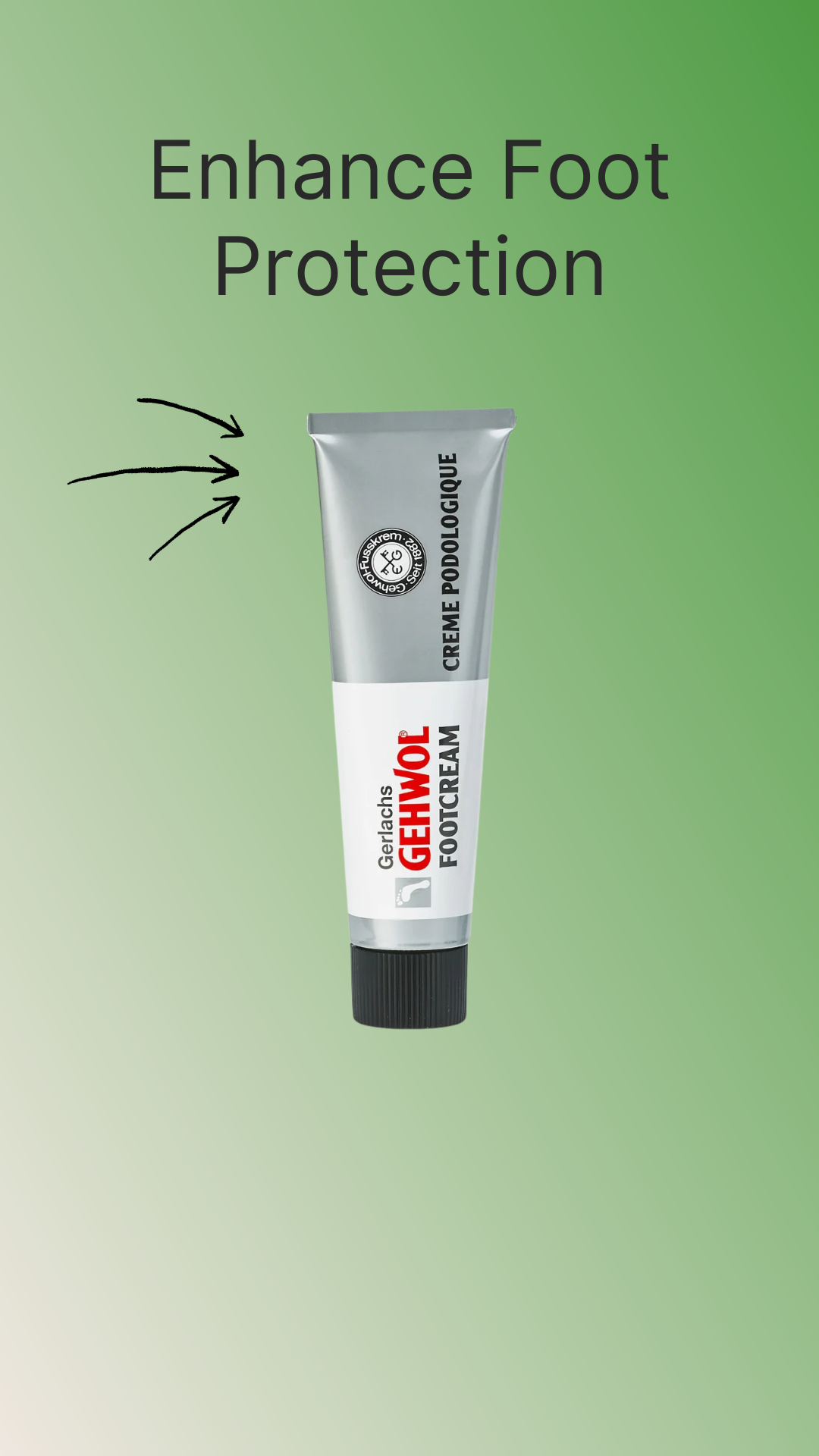Living with bunions can make everyday walking painful and frustrating. Standard shoes often squeeze the toes, creating even more discomfort and accelerating the problem. The good news? Orthopedic shoes designed with bunion-friendly features can provide lasting comfort, reduce pressure, and keep your feet supported throughout the day.
This guide explores what makes the best shoes for bunions, key features to look for, and our top recommendations for supportive footwear in the UK.
Understanding Bunions
What Are Bunions?
A bunion (hallux valgus) is a bony bump that forms at the base of the big toe, forcing it to lean toward the other toes. Over time, this misalignment causes swelling, pain, and difficulty finding comfortable footwear.
Common Causes
-
Genetics (inherited foot structure)
-
Wearing narrow or tight shoes
-
Flat feet or faulty foot mechanics
-
Arthritis or other joint issues
Why Standard Shoes Make It Worse
Shoes with pointed toes or limited width compress the bunion, causing friction, redness, and even blisters. Without proper footwear, bunions often worsen and may eventually require surgery.
Key Features of the Best Shoes for Bunions
Wide Toe Box
The most important feature is a wide and deep toe box. This design allows the toes to spread naturally, reducing pressure on the bunion and preventing friction.
Soft, Flexible Materials
Shoes made from soft calf leather or stretchable fabrics adapt to the shape of the foot. This ensures comfort even when bunions are inflamed or swelling increases throughout the day.
Rocker Bottom Sole
A rocker sole reduces the stress placed on the forefoot during walking, easing pain for those with bunions and arthritis.
Cushioned Insoles
Removable cushioned insoles provide shock absorption and can be replaced with custom orthotics for added support.
Adjustable Fastenings
Velcro straps or laces allow easy adjustment to accommodate swelling and ensure a secure fit without squeezing the foot.
Seamless Interiors
A seamless inner lining prevents rubbing and irritation against sensitive areas around the bunion.
Benefits of Orthopedic Shoes for Bunions
-
Relief from daily pain and pressure
-
Improved walking comfort and balance
-
Reduced risk of blisters and corns
-
Better foot alignment for long-term joint health
-
Compatibility with orthotics and insoles
Recommended Styles for Bunion Relief
Everyday Walking Shoes
Look for lightweight orthopedic shoes with wide-fit design, cushioned midsoles, and breathable materials for all-day wear.
Dress Shoes for Formal Occasions
Choose wide toe box leather shoes with discreet rocker soles, offering both style and comfort without aggravating bunions.
Trainers for Active Use
Orthopedic trainers with extra depth, ventilation, and shock-absorbing soles are perfect for light exercise or long walks.
Sandals for Summer
Supportive orthopedic sandals with wide straps and cushioned soles provide breathability while keeping feet stable.
Lifestyle Tips for Managing Bunions
-
Wear proper footwear daily – avoid narrow or pointed shoes.
-
Use orthotic insoles to support alignment.
-
Stretch and strengthen the toes with simple exercises.
-
Apply ice to reduce swelling after long walks.
-
Maintain a healthy weight to reduce pressure on the feet.
Frequently Asked Questions
What type of shoes should you avoid with bunions?
Avoid narrow, pointed, or high-heeled shoes that place extra pressure on the forefoot and compress the toes.
Do orthopedic shoes really help bunions?
Yes. Orthopedic shoes provide wider toe boxes, softer materials, and better support, significantly reducing pain and slowing bunion progression.
Are bunions only caused by bad footwear?
No. While poor footwear can make bunions worse, they are often caused by genetics, arthritis, or flat feet.
Can orthopedic shoes prevent bunion surgery?
In many cases, yes. By reducing pressure and improving alignment, orthopedic shoes can prevent bunions from worsening and delay or avoid the need for surgery.
Do I need custom shoes for bunions?
Not always. Many ready-made orthopedic shoes provide sufficient width, depth, and comfort. However, bespoke shoes may be recommended for severe cases.
Final Thoughts
Bunions don’t have to dictate your lifestyle or cause daily pain. By choosing orthopedic shoes with a wide toe box, cushioned soles, and supportive structure, you can enjoy walking in comfort and protect your long-term foot health. Whether you’re looking for everyday wear, trainers, or formal shoes, the right bunion-friendly footwear can make all the difference.


